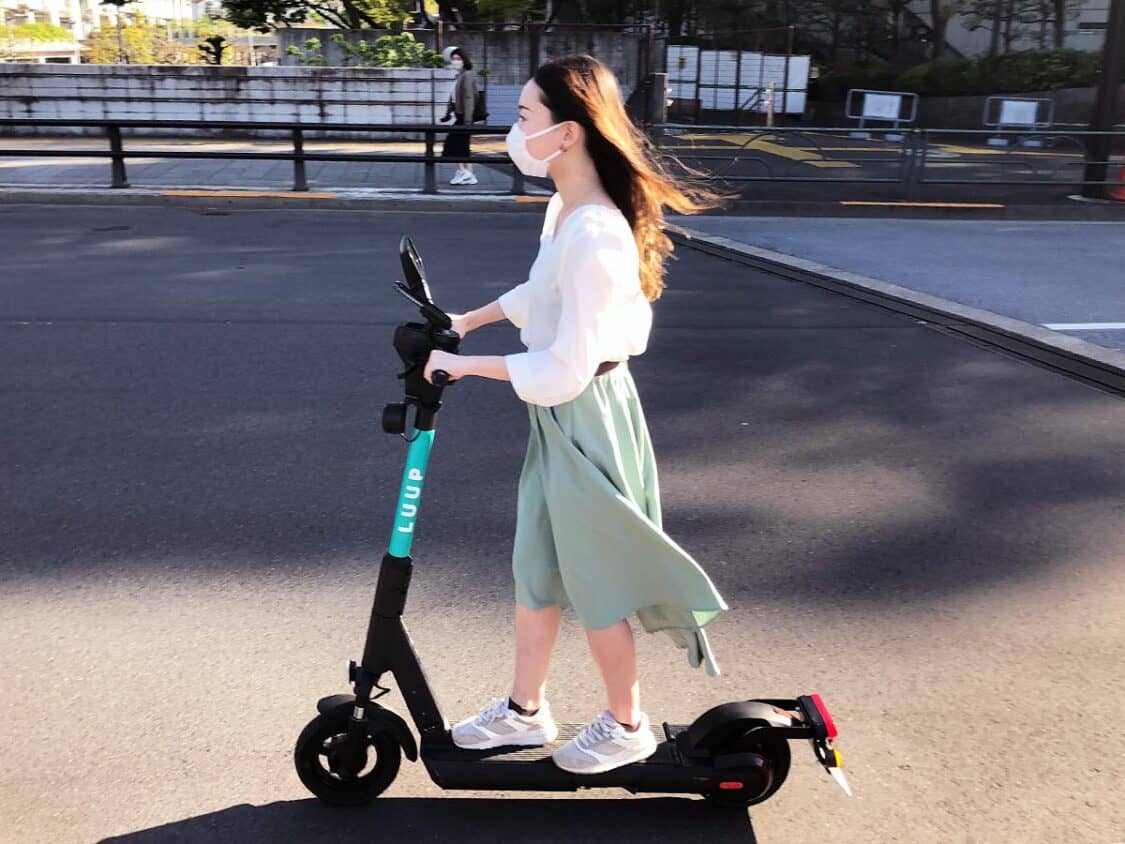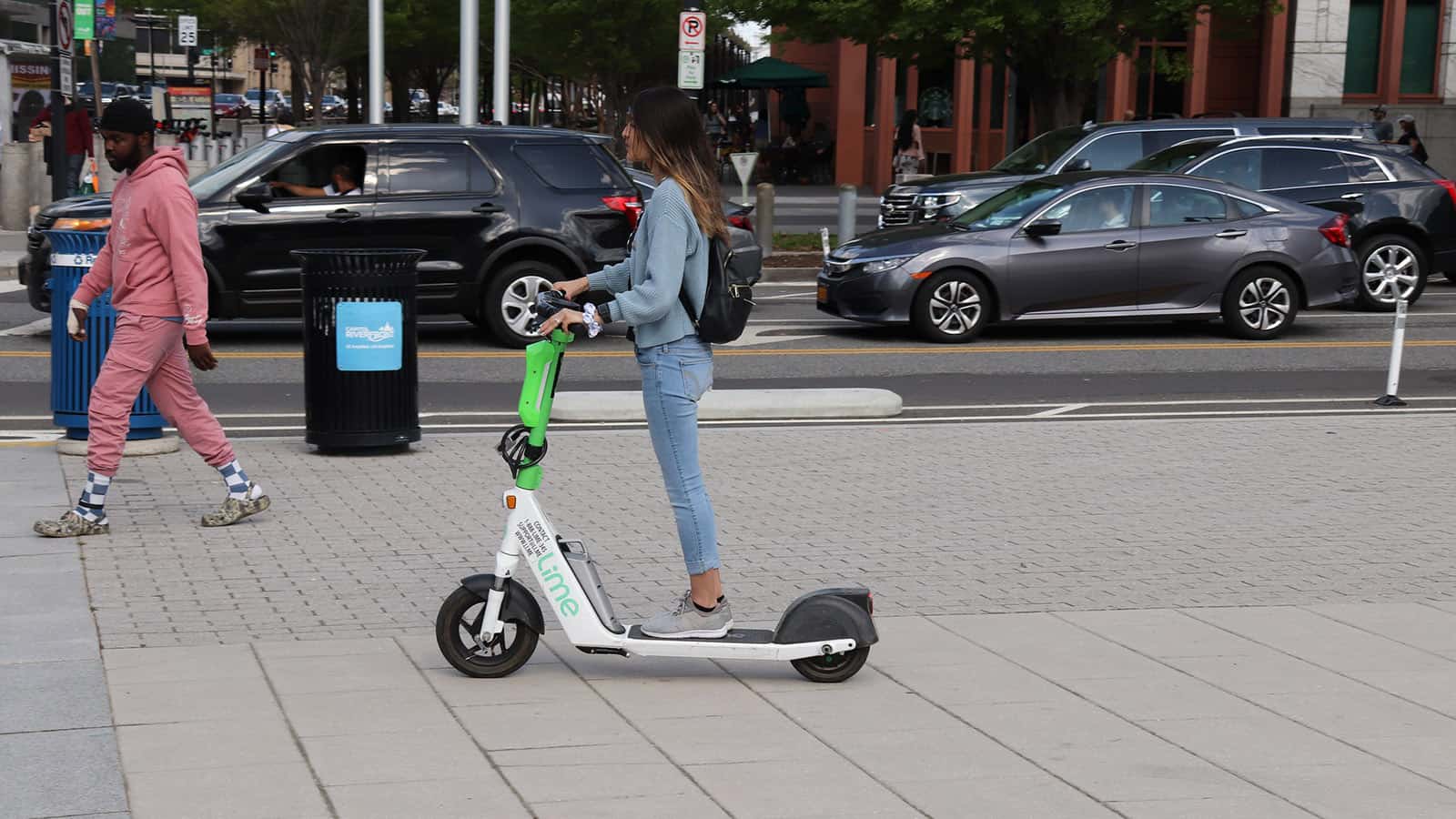I. Introduction

Electric scooters have become increasingly popular as a convenient and eco-friendly mode of transportation. With their compact size and zero emissions, electric scooters offer a practical solution for short distance travel in urban areas. However, operating an electric scooter comes with certain legal requirements and regulations that riders must adhere to. In this blog post, we will explore the legal aspects of electric scooter operation and provide an in-depth understanding of the rules and regulations surrounding electric scooters.
II. Understanding Electric Scooters
A. What is an Electric Scooter?
Electric scooters are personal mobility devices powered by an electric motor. They are designed to be ridden standing up and typically have a handlebar for steering. These scooters are equipped with rechargeable batteries that provide power to the electric motor and allow for propulsion. Electric scooters are known for their lightweight construction and easy maneuverability.
It’s important to differentiate electric scooters from other personal mobility devices such as electric skateboards or hoverboards. While these devices also utilize electric motors for propulsion, electric scooters have distinct characteristics that set them apart. Electric scooters typically have a handlebar for steering, larger wheels, and are designed for users to stand on a dedicated platform.
B. Benefits and Popularity of Electric Scooters

Electric scooters offer numerous benefits that contribute to their rising popularity. One of the key advantages of electric scooters is their environmental friendliness. Unlike gasoline-powered vehicles, electric scooters produce zero emissions, reducing air pollution and contributing to a cleaner environment. Additionally, electric scooters are cost-effective, as they require less maintenance and have lower operational costs compared to traditional vehicles.
The popularity of electric scooters has soared in recent years, particularly in urban areas. The convenience of electric scooters for short distance travel appeals to commuters, tourists, and individuals looking for an efficient way to navigate congested city streets. As a result, many cities have seen a surge in electric scooter adoption, with ride-sharing services and rental companies offering electric scooters as a convenient transportation option.
III. Legal Requirements for Electric Scooters
A. License Requirements
Operating an electric scooter may require certain license requirements depending on the jurisdiction or country in which you reside. Some locations may require a valid driver’s license, while others may have specific permits or certifications for electric scooter operation. It is crucial to research and understand the specific license requirements in your area before riding an electric scooter.
License requirements for electric scooter operation can vary between jurisdictions. Some regions may require a traditional driver’s license, while others may offer separate permits for electric scooter riders. It’s essential to abide by these license requirements to ensure that you are operating the electric scooter legally.
B. Age Restrictions

In addition to license requirements, there may be minimum age restrictions for riding electric scooters. These age restrictions aim to ensure the safety of riders, particularly younger individuals who may be more vulnerable to accidents or lack experience in operating personal mobility devices.
The minimum age requirements for riding electric scooters can vary depending on the jurisdiction. In some areas, riders must be at least 16 years old, while others may have different age limits. Additionally, regulations regarding supervision of underage riders should be followed to ensure their safety.
C. Safety Equipment
To ensure the safety of electric scooter riders, there are mandatory safety equipment requirements that must be met. One of the most crucial safety measures is wearing a helmet. Helmets help protect the rider’s head in case of an accident and reduce the severity of head injuries. It is important to wear a properly fitted helmet that complies with safety standards.
Aside from helmets, other safety considerations should be considered while operating an electric scooter. Riders are encouraged to wear reflective clothing or accessories to enhance visibility, especially when riding at night or in low-light conditions. Additionally, it is advisable to use lights and reflectors on the electric scooter to make it more visible to other road users.
IV. Regulations and Road Rules for Electric Scooters
Operating an electric scooter comes with a set of regulations and road rules that riders must adhere to. Understanding these regulations is crucial for the safety of riders, as well as the well-being of pedestrians and other road users. In this section, we will explore the specific regulations and road rules that pertain to electric scooter usage.
A. Dedicated Infrastructure and Riding Areas

Many cities have recognized the increasing popularity of electric scooters and have implemented dedicated infrastructure, such as bike lanes or scooter lanes, to accommodate riders. The availability of these lanes varies depending on the location. Riders should be aware of the regulations and restrictions on where electric scooters can be ridden. Some areas may allow electric scooters on sidewalks, while others restrict them to bike lanes or specific pathways.
B. Speed Limits and Traffic Rules
To ensure the safety of riders and others sharing the road, maximum speed limits for electric scooters are often enforced. The speed limits may vary depending on the location and the type of road or pathway. It is important for riders to adhere to these speed limits to prevent accidents and promote responsible scooter usage. Additionally, riders must obey traffic rules and regulations just like any other road user. This includes following traffic signals, yielding to pedestrians, and using appropriate hand signals when turning.
C. Parking and Storage Regulations

Proper parking and storage of electric scooters are crucial for maintaining order and preventing obstruction. Many cities have established guidelines for parking and storing electric scooters in public areas. Riders should familiarize themselves with these guidelines to ensure responsible parking practices. Some regulations may include designated parking areas or racks for electric scooters. Additionally, theft prevention measures, such as securing the scooter with a lock, may be required to protect against theft or unauthorized use.
V.Conclusion
Adhering to the regulations and road rules for electric scooters is imperative for the safety of riders and others sharing the road. Familiarizing yourself with the availability of dedicated infrastructure, such as bike lanes or scooter lanes, and understanding where electric scooters can be ridden is important. Additionally, obeying speed limits and traffic rules, as well as practicing responsible parking and storage, contribute to safe and responsible electric scooter usage. Remember that regulations may vary between jurisdictions, so researching and understanding local regulations is crucial. Lastly, staying updated with changes in regulations ensures compliance with the law and promotes a safe and enjoyable experience while riding electric scooters.
